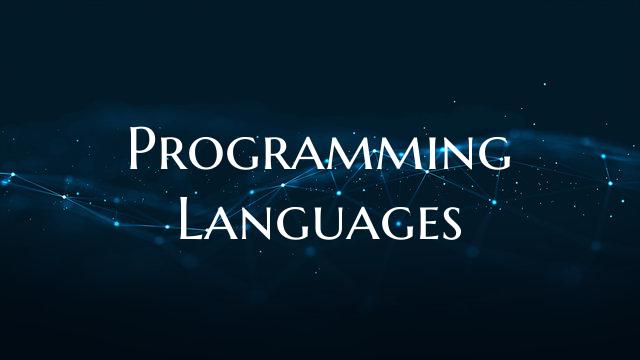Programming Languages
Programming languages are essential tools for developers to communicate instructions to computers. These languages allow programmers to write code that tells a computer how to perform various tasks and functions. There are numerous programming languages available, each with its own syntax, rules, and capabilities.
Some of the most popular programming languages include:
1. Python: Known for its simplicity and readability, Python is a versatile language used for web development, data analysis, artificial intelligence, and more.
2. JavaScript: Primarily used for front-end web development, JavaScript is a fundamental language for creating interactive websites and web applications.
3. Java: Java is a versatile language used for building desktop, web, and mobile applications. It is known for its platform independence, making it ideal for cross-platform development.
4. C#: Developed by Microsoft, C# is commonly used for developing Windows applications and games using the Unity game engine.
5. C++: A powerful and fast language, C++ is often used in system programming, game development, and applications requiring high performance.
6. Ruby: Ruby is known for its simplicity and productivity, making it popular for web development with frameworks like Ruby on Rails.
7. Swift: Developed by Apple, Swift is used for building iOS and macOS applications. It is known for its safety features and modern syntax.
8. PHP: PHP is a server-side language commonly used for web development to create dynamic websites and interact with databases.
9. SQL: SQL (Structured Query Language) is used for managing and querying relational databases. It is an essential language for working with data.
10. Go (Golang): Created by Google, Go is a language known for its simplicity, efficiency, and suitability for concurrent programming.
These are just a few examples of the diverse range of programming languages available to developers. Choosing the right language depends on the specific requirements of a project, the desired functionality, and the developer's preferences and expertise. Learning multiple programming languages can broaden a developer's skill set and open up new opportunities in the ever-evolving field of technology.

